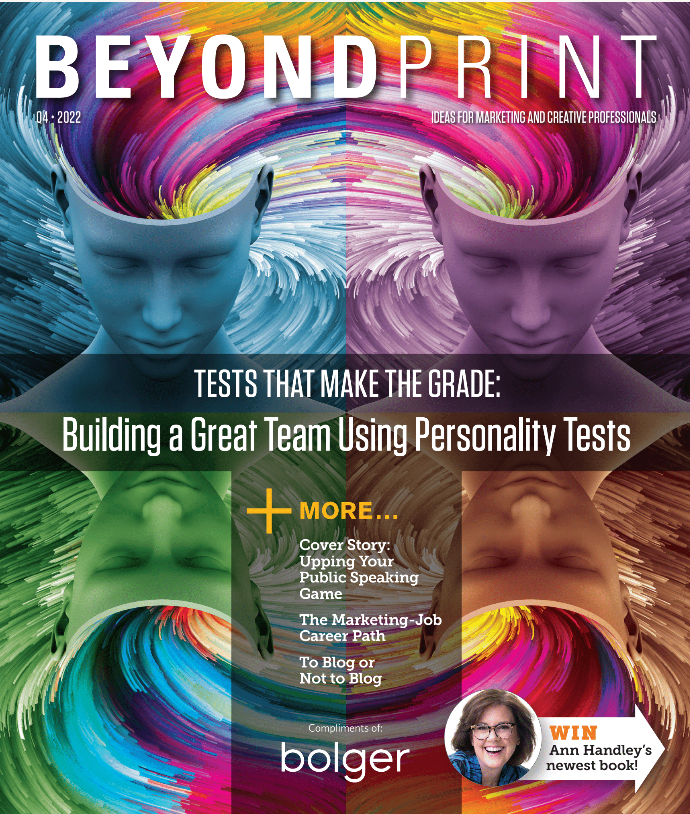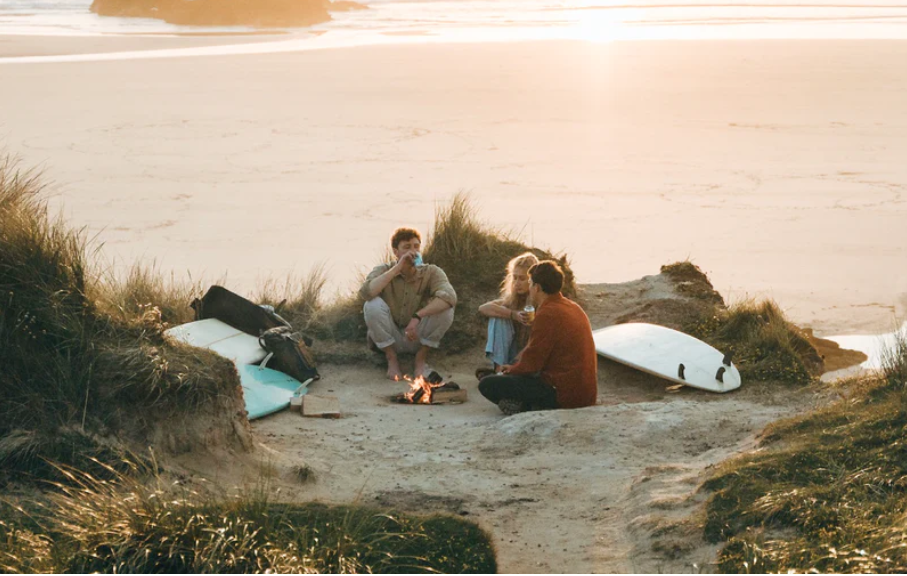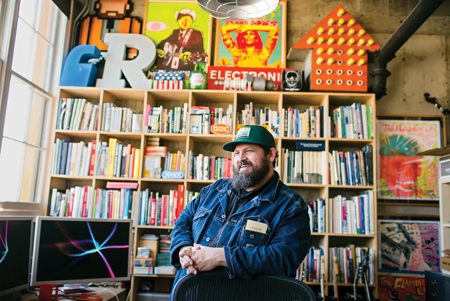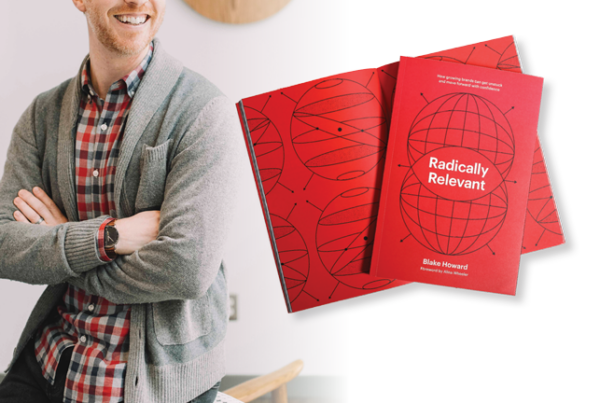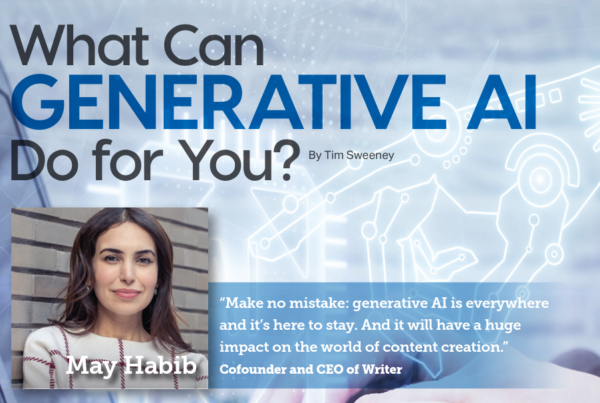Like so many great entrepreneurial ideas, the birth of Athletic Brewing Company in 2017 was a very personal one. Cofounder Bill Shufelt had quit drinking alcohol a few years earlier to train for an ultramarathon, and while he liked the way his new lifestyle made him feel, he still longed for the taste of a good craft beer. Frustration with poor-tasting nonalcoholic beverages and a boatload of research opened his eyes to the fact that he was not alone. The demand for a great-tasting nonalcoholic beer—and the opportunity to carve a nonalcoholic niche—was out there, even if the nonalcoholic beer industry was very much in its infancy.
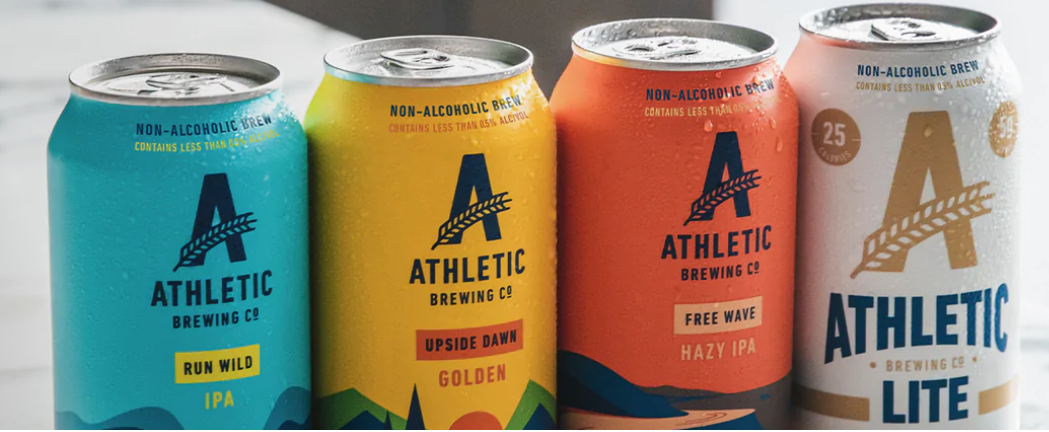
H
ow big was the niche? In April of 2022, when the Brewers Association released its annual ranking of the top 50 Producing US Craft Brewing Companies (based on barrels sold in 2021), Stratford, Connecticut-based Athletic Brewing Company was 27th on the list, despite being just five years old and not selling alcohol.
Before launching, Shufelt spent two years researching his business idea and the brewing industry. By talking to retailers and conducting surveys, he learned that among the 30 percent of Americans who don’t drink alcohol, plenty were, like him, skipping potential drinking gatherings altogether because there was no healthy alternative to alcohol. This trend was especially true in the health-conscious millennial and Gen Z demographics.
Shufelt spoke with a long list of brewers before he found John Walker, an award-winning head brewer in Santa Fe, New Mexico, who understood the concept Shufelt was selling and agreed to be cofounder and head brewer. The plan was to provide an alternative for health-minded people who liked the taste of a great craft beer in various styles and flavors, but not the hangovers or hinderances that often come with it. The cofounders also wanted to make an impact within local communities.
They started with home-brewing kits in a warehouse in Stratford. Once the beer started to taste good, they went to bigger breweries, hoping to contract out their brewing. Everyone rejected them, which turned out to be a lucky break. With the help of a $3 million Series A funding round in their first year, Athletic built its own brewery in Stratford. In 2020, they would open a second one in San Diego. That first round of funding allowed Athletic to expand their marketing as well, adding an ambassador program and sprinkling in some TV advertising.
Nonalcoholic beer is now the industry’s fastest-growing segment, and Athletic Brewing is the category leader. The company’s beers have won multiple gold medals by “using an innovative, proprietary method of brewing beer without alcohol . . . that doesn’t compromise on taste,” according to the website. Their core beers—among the 40 they sell—are the Run Wild IPA, the Upside Down Golden Ale, and the Free Wave Hazy IPA. They also offer seasonal brews, limited-edition styles, members-only brews, and collab beers with other brands.
Between 2019 and 2020, Athletic raised its production by 400 percent, going from 7,500 barrels to 37,500, according to The New Brewer. That success led to the company raising $50 million in Series C funding in 2021. The money came from longtime investors, but also from celebrities as well as retired and current professional athletes. The cash funded the construction of a new 150,000-square-foot brewing facility in Milford, Connecticut, that opened in 2022. The new space is the world’s largest nonalcoholic brewery and will enable Athletic to produce six million cases per year. In November of 2022, Keurig Dr Pepper invested $50 million for an equity stake in Athletic Brewing.
None of this would be possible without plenty of old-fashioned, face-to-face marketing in the early days. Shufelt would set up shop at trailheads with coolers of free samples and get up early to drive to road races around New England, where he’d run the races, then offer samples during postrace social hours. Sampling is still a huge part of Athletic’s marketing efforts, with more than 2,500 activations annually that reach nearly three million consumers.
Today—in addition to investing in digital advertising, TV and radio, and out-of-home marketing—Athletic is the official nonalcoholic beer sponsor of IRONMAN® and the Spartan Race series. They also sponsor Ragnar, USA Triathlon, the Association of Volleyball Professionals, and a number of local road races. Beyond events, the brand has a stable of ambassadors who fit its persona, including professional athletes, surfers, outdoor adventurers, and even NFL star J. J. Watt, who is also an investor. Athletic Brewing social channels are dotted with photos of products as well as people, ambassadors, and employees enjoying the outdoors or playing sports, often with a can of Athletic beer. The company even has NCAA collegiate
athletes on their ambassador roster. Beyond those high-profile types, the company’s ambassador network is now 1,500 strong. Many are fitness enthusiasts, but others are everyday individuals who are passionate about the brand.
“Our athlete sponsorships enable us to introduce the concept of nonalcoholic beer to millions of new consumers,” says Chris Furnari, Athletic’s Communications Manager. “These individuals share our products with their fans across social media, they appear in our marketing content, and they bring a tremendous amount of validation to a category that is still just a fraction of all the beer sold in America.”
The accolades from the press have also come pouring in, so to speak. Time named Athletic Brewing one of the 100 Most influential Companies of 2022, and Ad Age called them one of the top 20 hottest brands of 2022. Still, Furnari says great potential remains beyond Athletic’s initial target demographic of weekend warriors, young parents, and working professionals who embrace a performance-oriented lifestyle or who have reasons to avoid alcohol completely.
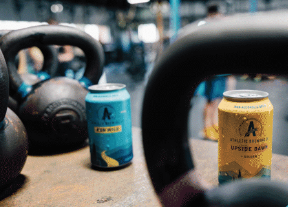
While those groups were the early adapters and brand champions for Athletic, nonalcoholic beer represents just 1 percent of all beer sales in the United States, and Athletic’s top-selling Run Wild IPA is available at just 17 percent of US licensed alcohol retailers. Furnari says that number would be lower if you included coffee shops, cafés, and delis with alcohol permits. That’s why using multiple forms of marketing to educate the segment of the population who avoids alcohol completely is a pillar of Athletic’s marketing strategy.
“While the budgets have grown, and our tactics have become more sophisticated, the core thesis remains the same: there are more occasions for nonalcoholic beer than there are for full-strength beer, and it is our job to illustrate that to consumers,” Furnari says.
With all Athletic’s growth has come the opportunity to further the goal of Shufelt and Walker to make a positive impact in people’s lives. All the company’s 200+ employees are part owners, and in 2022, Athletic Brewing became a Certified B Corporation, thanks to its giving-back mentality. As part of its Two for the Trails charitable giving program, the company donates 2 percent of revenue to protecting and restoring outdoor spaces globally. Through its Community Impact Fund, Athletic also donates 1 percent of all sales to nonprofits that impact local communities. Athletic says its brewing teams are already at world-class levels of water recapture and efficiency, which has helped them reduce water usage by 70 percent, and they recently covered the roof of their San Diego facility with solar panels that will nearly take the building off the grid.
“By prioritizing social responsibility and giving back to our community, our customers understand that we not only value people and the environment, but are using our business as a force for good,” Furnari says. “Also, by including the roughly 50 percent of adults who don’t regularly consume alcohol in everyday social occasions, and by making moderation both accessible and aspirational, we believe we can make a huge positive impact on tens of millions of people’s lives.”
We’ll drink to that.
Beyond Print Magazine
Request your complimentary Beyond Print Magazine, mailed quarterly.
